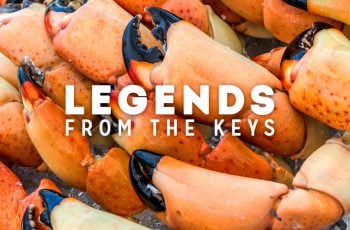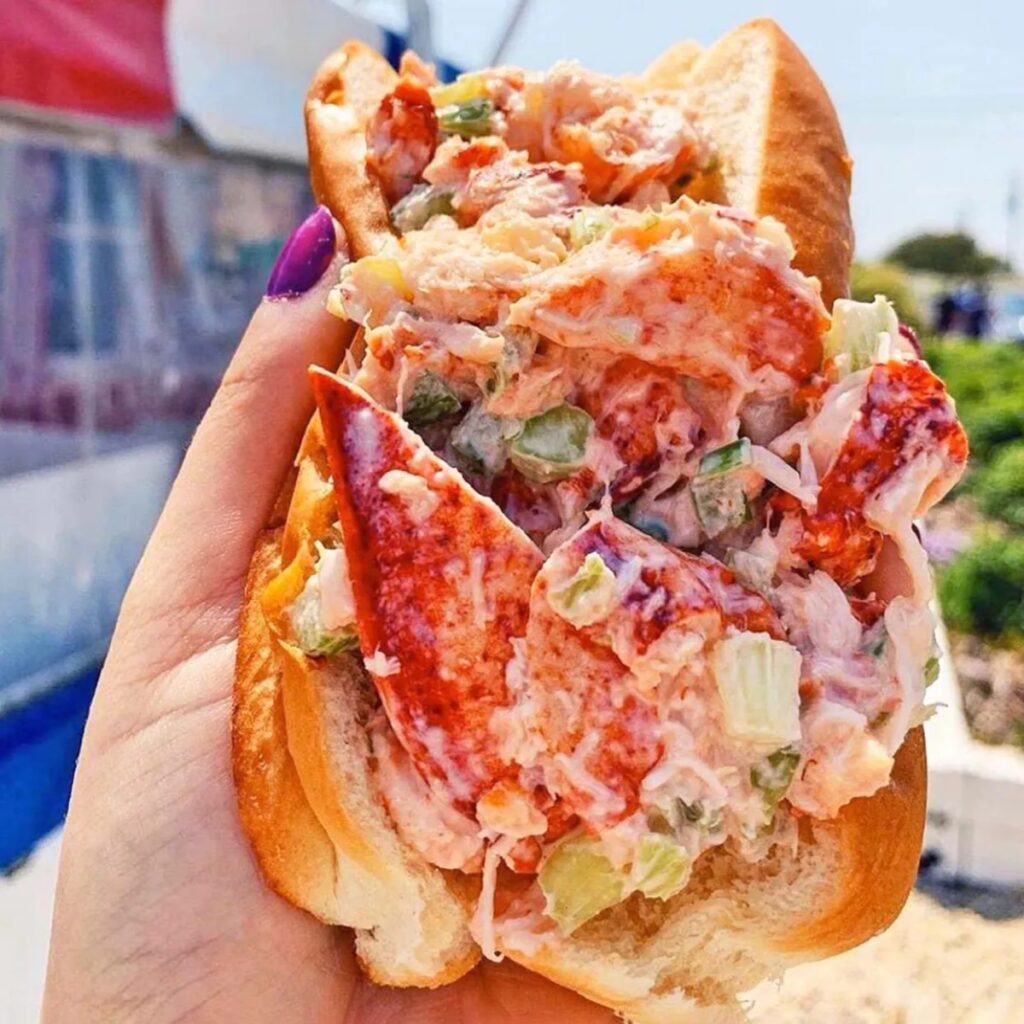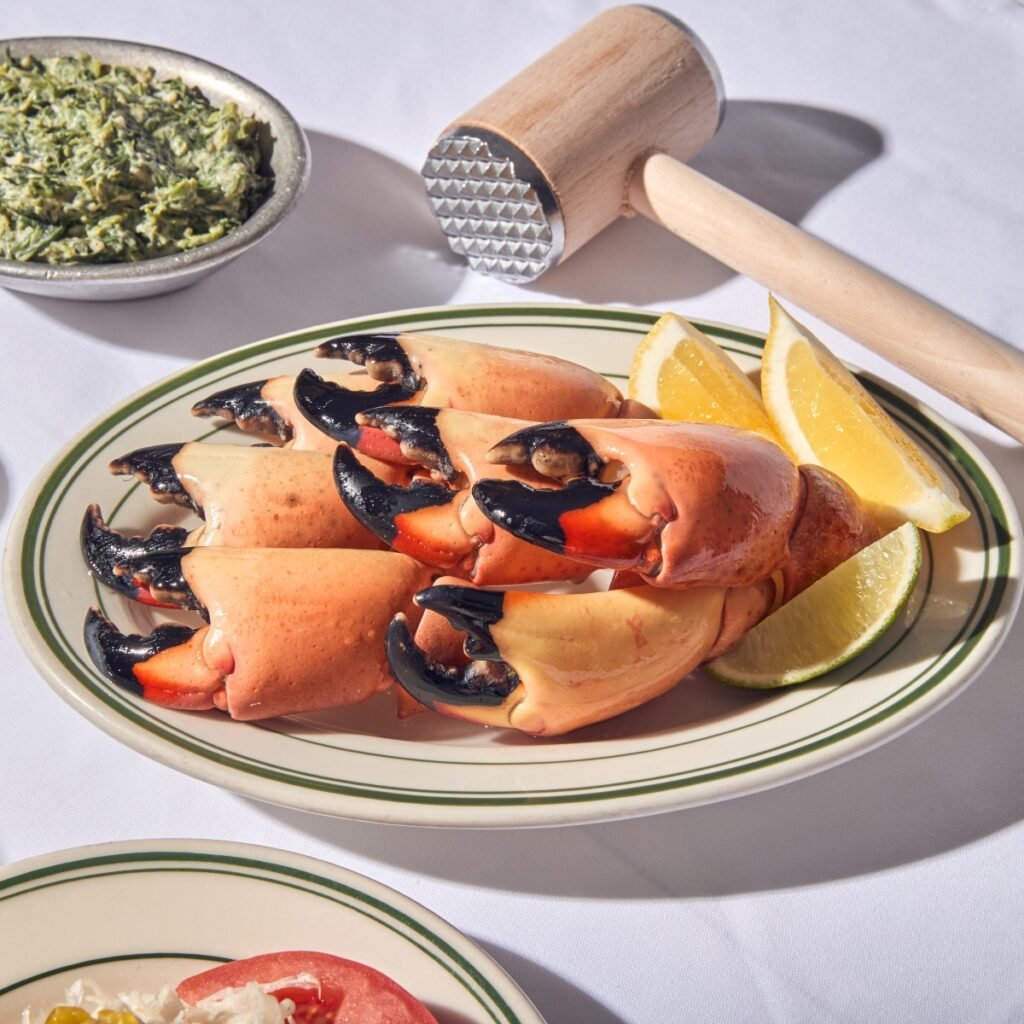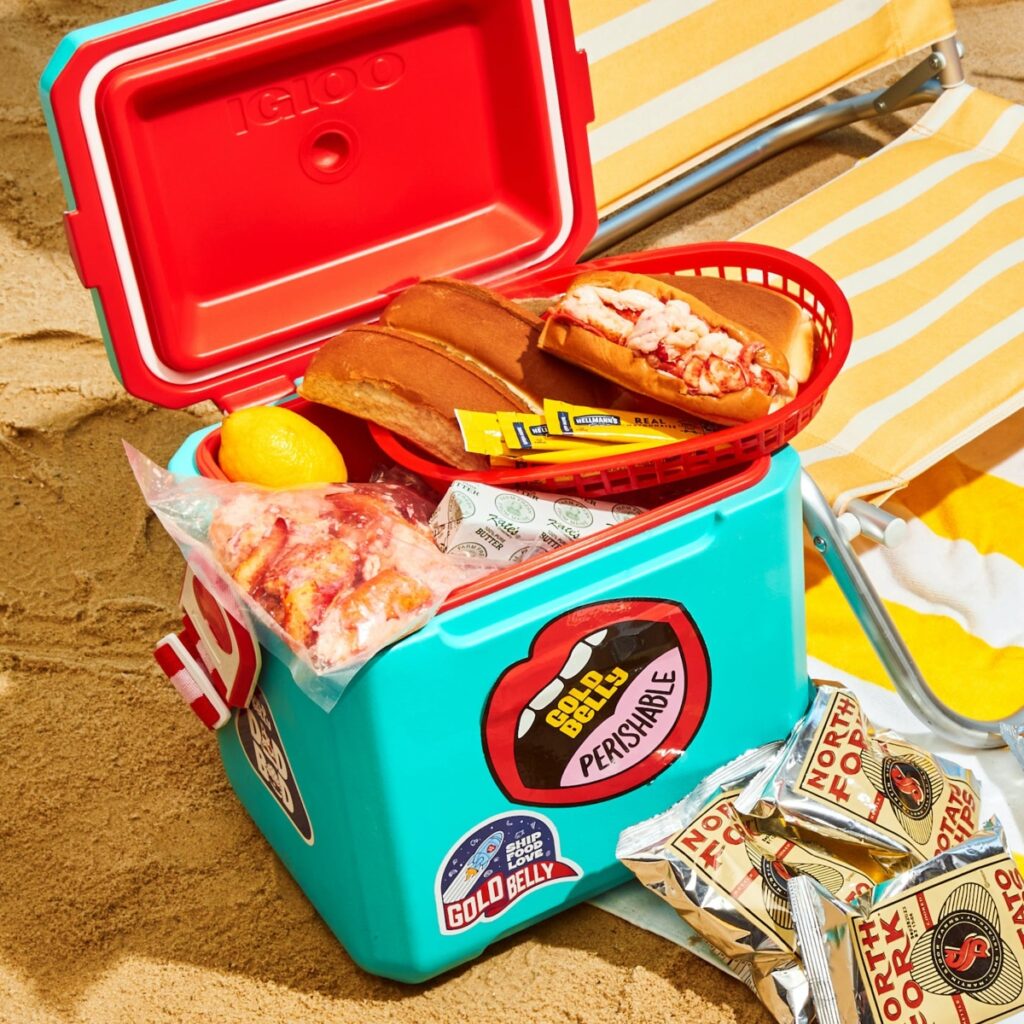In this article
EVERYTHING YOU NEED TO KNOW ABOUT STURGEON FISH EGGS
Often associated with opulence and tsars, caviar are unfertilized eggs harvested from sturgeon. Caviar is versatile: these delightful fish eggs can be served solo, as a canapé or hors d’oeuvres, or as a fancy garnish on your favorite dishes that would typically require salt.
What is Caviar Made of?
Caviar are the eggs produced by particular species of female sturgeon. Once caviar is harvested, it is rinsed and brined. The name “caviar” is French and is derived from the Persian root khaviyar, from the word khaya (egg). Caviar is placed in tins or jars that are kept at near-freezing temperatures to allow the fish eggs to age.
Caviar is graded based on certain characteristics, which influences its cost and popularity. The fish eggs’ size, texture, and taste are evaluated to determine the caviar’s grade.
Different Types of Caviar
There are different types of caviar, including:
- Almas: This gold colored caviar is harvested from albino Iranian Beluga sturgeon that are 60- to 100-years-old. This critically endangered sturgeon species swims in the southern Caspian Sea.
- Beluga: This gray colored caviar comes from Beluga sturgeon in the waters off Russia and Ukraine. Beluga sturgeon are endangered, so Beluga caviar is high priced and highly sought.
- Hackleback Caviar: Harvested from the American Hackleback in the Mississippi River, this black colored caviar is still harvested in the wild.
- Kaluga: Similar to Beluga caviar, Kaluga caviar comes from Kaluga sturgeon that swim in the Amur River basin between China and Russia. Kaluga caviar is golden and has a creamy taste. Kaluga sturgeon are also critically endangered.
- Ossetra: This brown or amber colored caviar comes from critically endangered Ossetra sturgeon that swim in the Caspian Sea and Black Sea, the same waters as the bigger Beluga sturgeon.
- Sevruga: Harvested from a smaller, critically endangered sturgeon, the starry sturgeon, Sevruga caviar is gray and smaller in size than Beluga and Kaluga caviars and has an intense taste.
- White Sturgeon: Hailing from the Pacific Ocean waters off the west coast of the U.S., white sturgeon caviar is saltier than other caviars.
What Does Caviar Taste Like?
Caviar looks like tiny pearls and tastes salty and buttery. The fish eggs have a smooth mouthfeel and a satisfying popping when the small balls are rolled around the roof of the mouth, releasing a briny juice.
The fish eggs should not be chewed as that diminishes the taste dramatically. Instead, use your tongue to savor each bead and its buttery taste and let the fish eggs melt in your mouth. Depending on the variety, some caviar, like Kaluga, have a creamy taste while Beluga has a creamy and nutty taste and Ossetra has a briny and nutty taste.
Read More: New Year’s Foods Traditions From Around The World
How to Eat Caviar
A true delicacy, caviar is served raw and in small portions. The fish eggs come in various colors from gold and tan to brown and gray.
Once harvested from the sturgeon, caviar is cured and then eaten by the partial teaspoonful either from the spoon itself or off your hand (yes, really. Place a small amount on the back of your hand, between your thumb and index finger). If you use a spoon, it should be made of Mother of Pearl because Mother of Pearl is inert and does not hold or transfer flavor; therefore, it will not affect the fish eggs’ taste.
What Is So Special About Caviar?
Caviar is so special because the finest caviar is in short supply. Caviar is popular because of its taste, health benefits, and limited quantity. Most quality caviar is now farm raised as many species of sturgeon are critically endangered.
This rare luxury good can range in price from about $50 per ounce to hundreds or even thousands of dollars per ounce, but there are affordable options. Regiis Ova Caviar by Chef Thomas Keller sources their farm-raised caviars, including Ossetra and Siberian, from sturgeon farms that practice sustainable farming.
Where to Buy Caviar?
Caviar is often on the menu at top restaurants around the world. It can also be purchased online from the finest producers.

Regiis Ova Caviar by Thomas Keller
Michelin-starred Chef Thomas Keller produces some of the finest caviar from sustainable farms. Regiis Ova Caviar by Thomas Keller options include buttery and nutty Classic Caviar, slightly sweet Siberian Caviar harvested on-demand from South America, and smooth, nutty and creamy Royal Caviar from White Sturgeon farm raised in California.

Russ & Daughters Hackleback Caviar
New York appetizing shop Russ & Daughters hand packs each tin of Hackleback Caviar. Their Hackleback Caviar Gift Set comes with a 50-500 gram tin of Hackleback Caviar, crème fraîche, blinis, a Mother of Pearl spoon, and an insulated tote bag.

Sable’s Smoked Fish’s Imported Osetra Caviar
Legendary deli Sable’s Smoked Fish imports 000 Osetra Caviar, which is considered the top caviar for its superior color, size, and flavor. Sable’s Smoked Fish’s Imported Premium 000 Osetra Caviar ranges in color from golden yellow to dark brown.
Start a long-term roe-mance with buttery, nutty caviar. The finest caviar and caviar kits with all the accouterments are shipping nationwide on Goldbelly!











